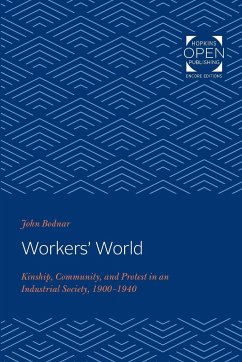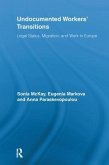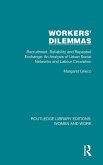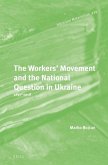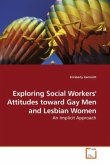Originally published 1982. Bodnar's central concern in this book is with the working people of Pennsylvania prior to World War II. He examines how ordinary people throughout the state navigated the changing set of industrial relations that fanned out across the United States in the late nineteenth and early twentieth centuries. Since workers could not rely on unionism or government-sponsored safety nets, workers in Pennsylvania relied on kinship ties, job structures, and community relationships. In the past, Bodnar contends, American labor historians have focused mainly on the history of strikes, the rise of unionism, and the struggle for control over the workplace. In an effort to mitigate historians' flattening of workers into the two-dimensional plane of politics and protest, Bodnar revives workers and the world in which they lived by conducting oral interviews with textile workers, coal miners, steelworkers, and others in Pennsylvania.
Hinweis: Dieser Artikel kann nur an eine deutsche Lieferadresse ausgeliefert werden.
Hinweis: Dieser Artikel kann nur an eine deutsche Lieferadresse ausgeliefert werden.

